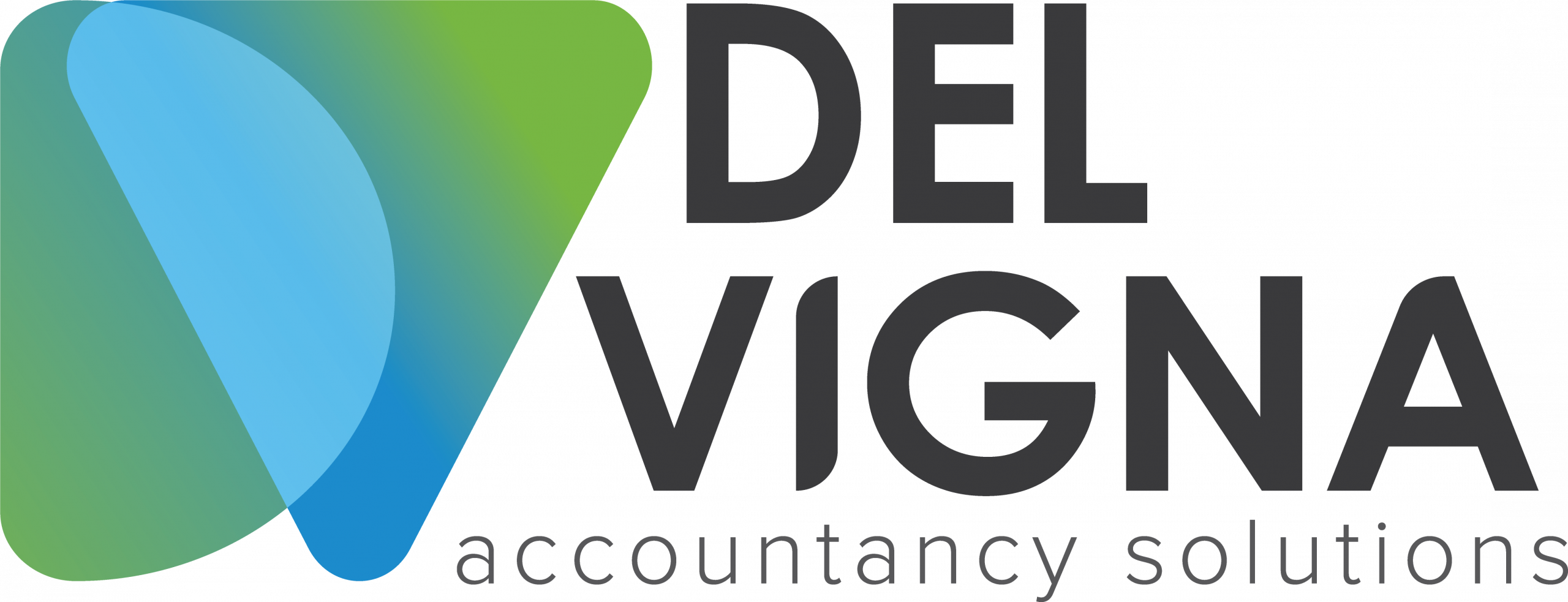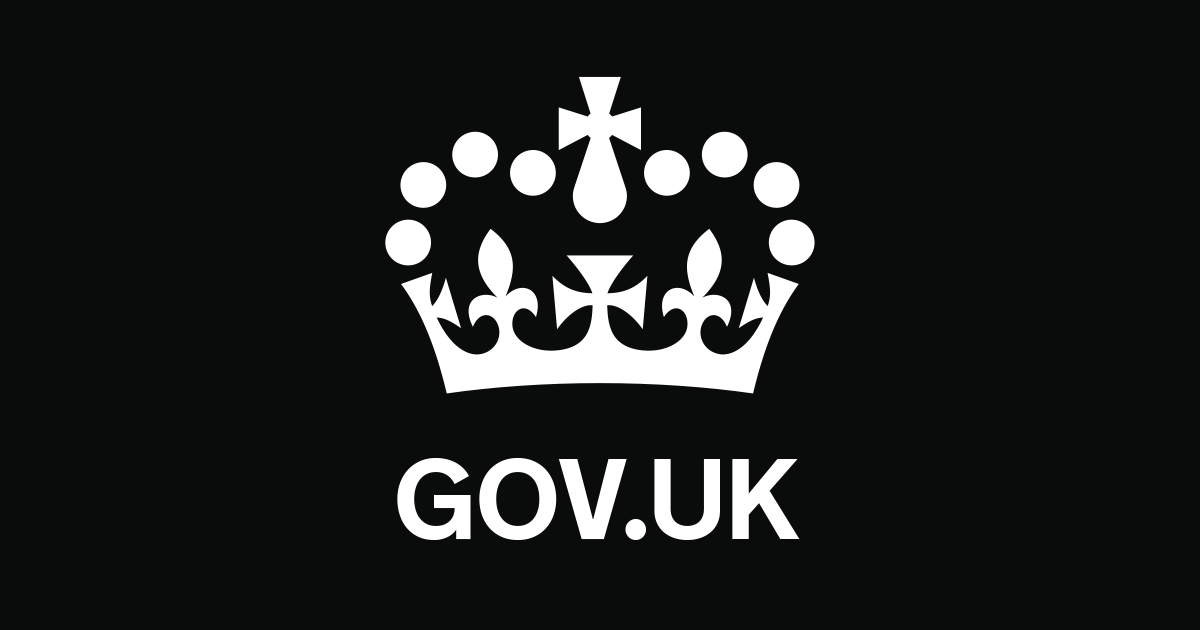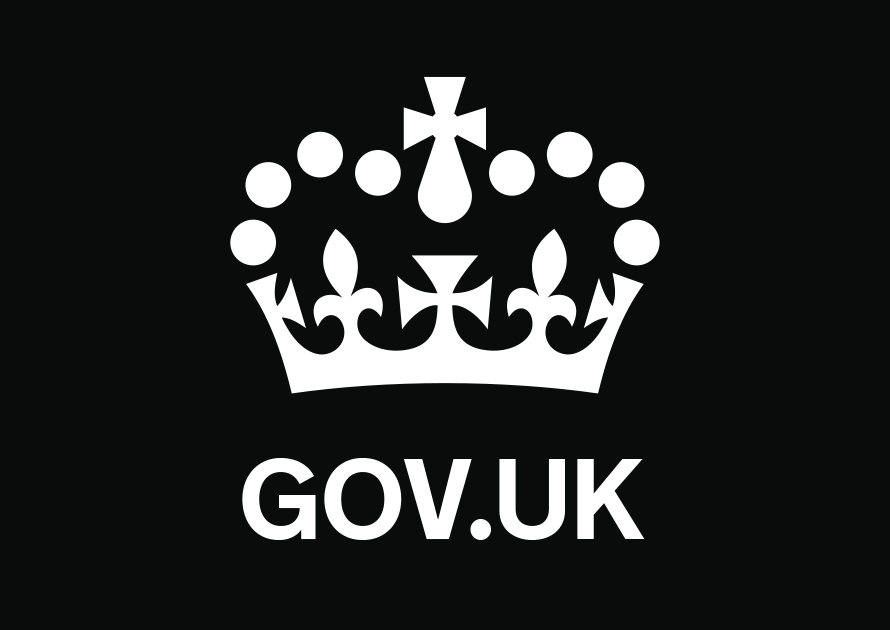This guide explains how to import food and certain agricultural goods into the UK. It gives you information on:
- import licences
- import quotas
- what duty may be applied
- relief from import charges
Goods that do not need an import licence
Some goods never need an import licence, and there are also occasions when other goods do not need an import licence when normally they would, for example:
- goods that:
- if the licence security amounts to less than 5 euros
Goods that need an import licence
Certain agricultural products need an import licence to:
- provide information for market management
- impose limits on the quantities of goods imported
- allow a reduced rate of duty in some circumstances
Find information on which products need an import licence.
Import licences are held electronically on the Customs Handling of Import and Export Freight (CHIEF) system.
An import licence will tell you:
- what the goods are
- the quantity of goods that you can import
- the time within which you must import them
You’ll need to keep track of how much of the licensed quantity you import if you want to import the goods in more than one shipment. A check on current usage can be made through CHIEF using code DLLU and then insert the import licence number.
Agricultural policy goods
The Rural Payments Agency operates a number of import quotas for specific products, some of which may reduce the duty you pay.
The Rural Payments Agency publishes Notices to Traders to tell you about:
- changes to rules and regulations
- the rate of import quota that you can apply for
You can subscribe to receive emails from the Rural Payments Agency if you want get a notification that a notice has been published.
For the rules on importing agricultural goods you should read ET1: The trader’s guide to importing and exporting certain agricultural goods.
If you are not sure which rules apply, contact the Rural Payments Agency on their:
- trader helpline on Telephone: 03300 416 500
- general helpline on Telephone: 03000 200 301
Import procedures for agricultural policy goods
Before you can import these goods into the UK you should:
-
register as a trader with the Rural Payments Agency
- apply for approval to submit electronic applications for import licences
For each import you must check:
- whether the goods need an import licence
- any specific procedures for the goods
You should also:
Declare the import electronically either through:
- CHIEF
- the Customs Declaration Service
You should then:
- record how much you import against the import licence once the goods are declared for free circulation (attributions), and show the remaining balance
- make further imports to use up any quantity remaining on your import licence, within the time limit specified
When you complete your customs declaration you must put the following in box 44 for CHIEF and data element 2/3 of the Customs Declaration Service. This describes additional documents accompanying your customs declaration which includes the:
- identifier of your import licence
- expiry date of your licence
- country prefix
- number shown in box 25 of your import licence
- date of issue of your import licence
Your import licence security will be returned when:
- your goods are imported
- customs confirm that the import licence has been fully used, surrendered or expired
- you have met any proof requirements specified in the licence
Register and apply for an import licence
Find out about customer registration and how to apply for a licence.
You can apply by email or post using the Import licence application form, but before you can do this, you need to be approved and to accept the terms and conditions of use set out by the Rural Payments Agency.
How to transfer an import licence
To find out if you can transfer an import licence you must contact the Rural Payments Agency on Telephone: 03300 416 500, then put the details of the transfer on CHIEF.
Imports of food and certain agriculture products
Imports of food and certain agriculture products into the UK are often subject to Customs Duty and may need an import licence.
For some goods you can apply for a tariff quota. Tariff quotas allow you to import goods at a reduced rate of duty and are subject to presentation of an appropriate import licence.
Check the Notice to Traders to find out which licence managed quotas are available.
Further information on importing food and food products is available from the Food Standards Agency (FSA).
Imports of animals and animal products
If you meet the conditions of a general licence you can import some animals and animal products. If you do not meet the conditions, you will have to apply for a specific licence.
The Department for Environment, Food and Rural Affairs (Defra) issues licences for animal health imports.
You can find:
You can also contact Defra for further help on one of their helplines.
Types of duties
To stop low-priced imports competing against high-priced EU goods, a range of different types of charges are applied to products imported from outside the EU. These charges are known as ‘duty’ and are due at the time of import.
Duties payable
There are several types of duty payable on imported goods:
- specific Customs Duty is applied to most agricultural goods from outside the EU and is based on weight
- Customs Duty calculated as a percentage of the value of the imported goods
- a countervailing charge may apply to certain products at certain times of year, or in certain market conditions
- the safeguard charge applies when the value of a consignment is less than a trigger price, and may be imposed at short notice
Processed goods may give you the option to pay different rates of specific customs duties, and for customs duties calculated as a percentage of the value of the imported goods, in which case you can opt for the formula that results in the lower rate of duty.
Preferential rates may apply to goods that are from certain countries or groups of countries. For more information on how you can use preferences read the guide on trade preferences.
Small consignments of goods sent to a private individual may be eligible for a flat charge of 2.5%, calculated as a percentage of the value of the imported goods, if they fulfil all of the following criteria:
- only made occasionally
- for personal or family use
- of a non-commercial nature
- less than £282 in total value
The goods may still be liable for VAT or excise duty.
You are not eligible for the flat rate charge if you’re a UK resident and you purchase the following abroad:
- advertising material
- business gifts
- articles
Importing goods by post
Read the step-by-step guide on how to import goods by post to find out if you’ll need to pay any VAT, Customs Duty or excise duty.
Relief from import duty
You may be able to get relief on import duty for certain goods, these are:
This guide explains how to import food and certain agricultural goods into the UK. It gives you information on:
- import licences
- import quotas
- what duty may be applied
- relief from import charges
Goods that do not need an import licence
Some goods never need an import licence, and there are also occasions when other goods do not need an import licence when normally they would, for example:
- goods that:
- if the licence security amounts to less than 5 euros
Goods that need an import licence
Certain agricultural products need an import licence to:
- provide information for market management
- impose limits on the quantities of goods imported
- allow a reduced rate of duty in some circumstances
Find information on which products need an import licence.
Import licences are held electronically on the Customs Handling of Import and Export Freight (CHIEF) system.
An import licence will tell you:
- what the goods are
- the quantity of goods that you can import
- the time within which you must import them
You’ll need to keep track of how much of the licensed quantity you import if you want to import the goods in more than one shipment. A check on current usage can be made through CHIEF using code DLLU and then insert the import licence number.
Agricultural policy goods
The Rural Payments Agency operates a number of import quotas for specific products, some of which may reduce the duty you pay.
The Rural Payments Agency publishes Notices to Traders to tell you about:
- changes to rules and regulations
- the rate of import quota that you can apply for
You can subscribe to receive emails from the Rural Payments Agency if you want get a notification that a notice has been published.
For the rules on importing agricultural goods you should read ET1: The trader’s guide to importing and exporting certain agricultural goods.
If you are not sure which rules apply, contact the Rural Payments Agency on their:
- trader helpline on Telephone: 03300 416 500
- general helpline on Telephone: 03000 200 301
Import procedures for agricultural policy goods
Before you can import these goods into the UK you should:
-
register as a trader with the Rural Payments Agency
- apply for approval to submit electronic applications for import licences
For each import you must check:
- whether the goods need an import licence
- any specific procedures for the goods
You should also:
Declare the import electronically either through:
- CHIEF
- the Customs Declaration Service
You should then:
- record how much you import against the import licence once the goods are declared for free circulation (attributions), and show the remaining balance
- make further imports to use up any quantity remaining on your import licence, within the time limit specified
When you complete your customs declaration you must put the following in box 44 for CHIEF and data element 2/3 of the Customs Declaration Service. This describes additional documents accompanying your customs declaration which includes the:
- identifier of your import licence
- expiry date of your licence
- country prefix
- number shown in box 25 of your import licence
- date of issue of your import licence
Your import licence security will be returned when:
- your goods are imported
- customs confirm that the import licence has been fully used, surrendered or expired
- you have met any proof requirements specified in the licence
Register and apply for an import licence
Find out about customer registration and how to apply for a licence.
You can apply by email or post using the Import licence application form, but before you can do this, you need to be approved and to accept the terms and conditions of use set out by the Rural Payments Agency.
How to transfer an import licence
To find out if you can transfer an import licence you must contact the Rural Payments Agency on Telephone: 03300 416 500, then put the details of the transfer on CHIEF.
Imports of food and certain agriculture products
Imports of food and certain agriculture products into the UK are often subject to Customs Duty and may need an import licence.
For some goods you can apply for a tariff quota. Tariff quotas allow you to import goods at a reduced rate of duty and are subject to presentation of an appropriate import licence.
Check the Notice to Traders to find out which licence managed quotas are available.
Further information on importing food and food products is available from the Food Standards Agency (FSA).
Imports of animals and animal products
If you meet the conditions of a general licence you can import some animals and animal products. If you do not meet the conditions, you will have to apply for a specific licence.
The Department for Environment, Food and Rural Affairs (Defra) issues licences for animal health imports.
You can find:
You can also contact Defra for further help on one of their helplines.
Types of duties
To stop low-priced imports competing against high-priced EU goods, a range of different types of charges are applied to products imported from outside the EU. These charges are known as ‘duty’ and are due at the time of import.
Duties payable
There are several types of duty payable on imported goods:
- specific Customs Duty is applied to most agricultural goods from outside the EU and is based on weight
- Customs Duty calculated as a percentage of the value of the imported goods
- a countervailing charge may apply to certain products at certain times of year, or in certain market conditions
- the safeguard charge applies when the value of a consignment is less than a trigger price, and may be imposed at short notice
Processed goods may give you the option to pay different rates of specific customs duties, and for customs duties calculated as a percentage of the value of the imported goods, in which case you can opt for the formula that results in the lower rate of duty.
Preferential rates may apply to goods that are from certain countries or groups of countries. For more information on how you can use preferences read the guide on trade preferences.
Small consignments of goods sent to a private individual may be eligible for a flat charge of 2.5%, calculated as a percentage of the value of the imported goods, if they fulfil all of the following criteria:
- only made occasionally
- for personal or family use
- of a non-commercial nature
- less than £282 in total value
The goods may still be liable for VAT or excise duty.
You are not eligible for the flat rate charge if you’re a UK resident and you purchase the following abroad:
- advertising material
- business gifts
- articles
Importing goods by post
Read the step-by-step guide on how to import goods by post to find out if you’ll need to pay any VAT, Customs Duty or excise duty.
Relief from import duty
You may be able to get relief on import duty for certain goods, these are:



